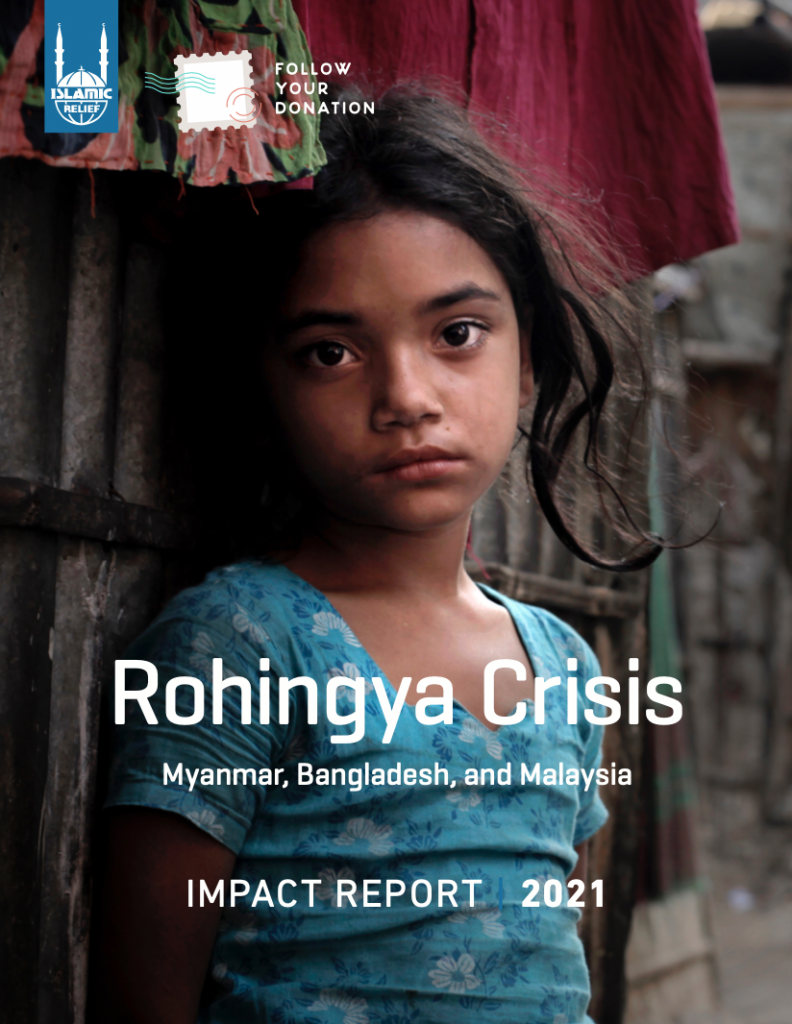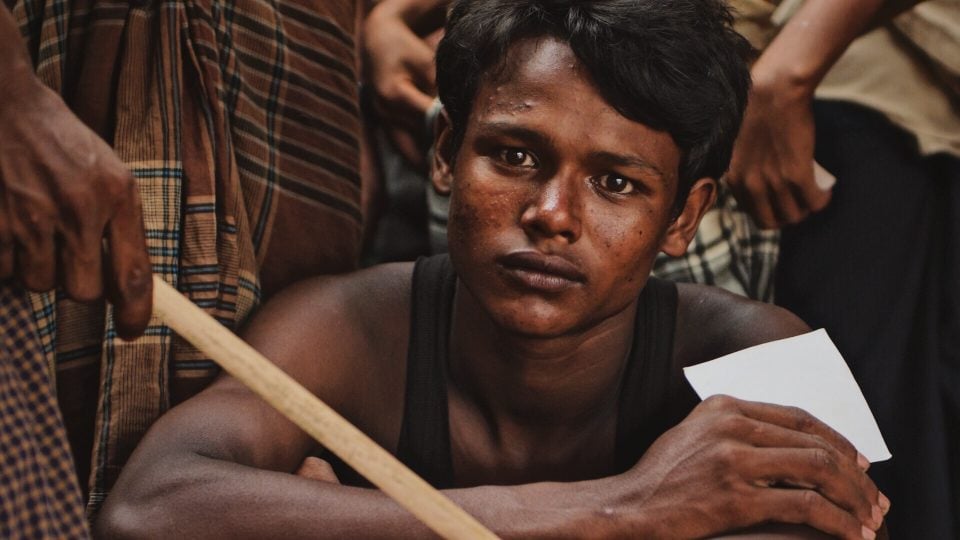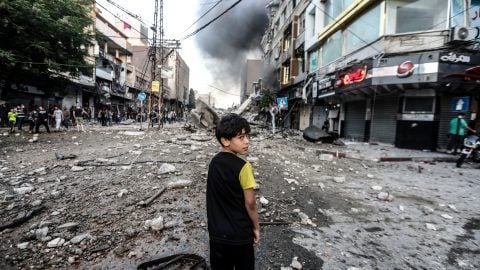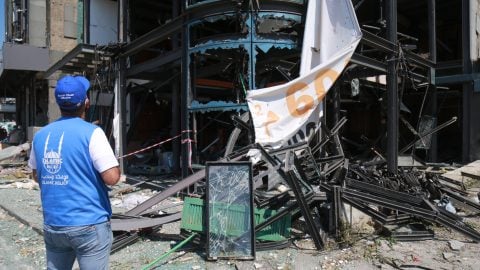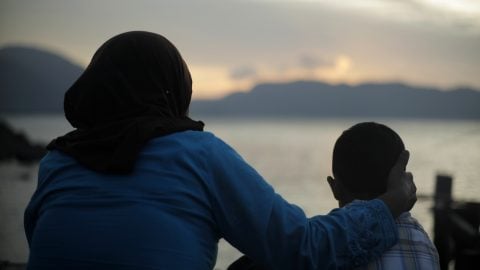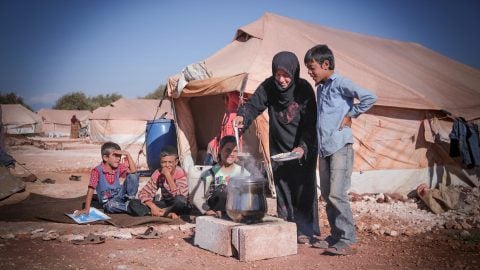This year marks four years since the Rohingya genocide reached its peak, in which at least 25,000 people were killed and 18,000 girls and women were the victims of sexual violence. Additionally, more than one million Rohingya fled their homes to desperately escape the violence they faced for their beliefs. They still remain in Cox’s Bazar, Bangladesh living as refugees with inadequate shelter and limited access to food, sanitation and health facilities.
The Rohingya Genocide
At the same time, more than 500,000 thousand refugees remain in Myanmar as internally displaced refugees in the Rakhine State. Those that stayed behind have become internally displaced, living in camps that are congested and unsuitable for permanent settlement. They face an ongoing threat of poverty, injury, and fear.
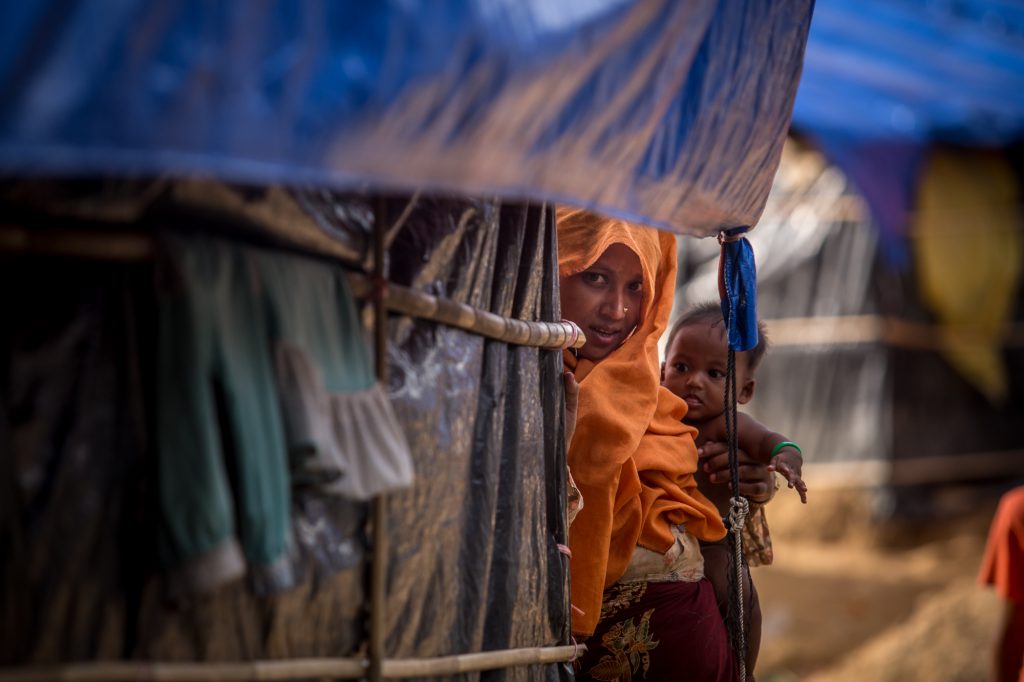
Just beyond the water lies the end of their dread. They hide along the river bank waiting for the cover of darkness to make their escape to the relative safety of Bangladesh.
Reflections from Myanmar, 2017
When the crisis first broke out, our teams were on the ground to assess the situation and the needs of the Rohingya people as soon as humanitarian agencies were allowed access. Below, you can read the reflection of our CEO Zaid Al-Rawni, as he surveyed the landscape:
There is a point in Northern Rakhine state where the Naf river narrows and on the other side Bangladesh looks deceptively close. For days, thousands of Muslims have been running to this point, some carrying all they could stuff into sacks, others only carrying their loved ones. Young children who see the fear but don’t understand it, or elderly parents who’ve lived their whole lives dreading the hate they’ve endured for so long will boil over to this moment. Just beyond the water lies the end of their dread. They hide along the river bank waiting for the cover of darkness to make their escape to the relative safety of Bangladesh.
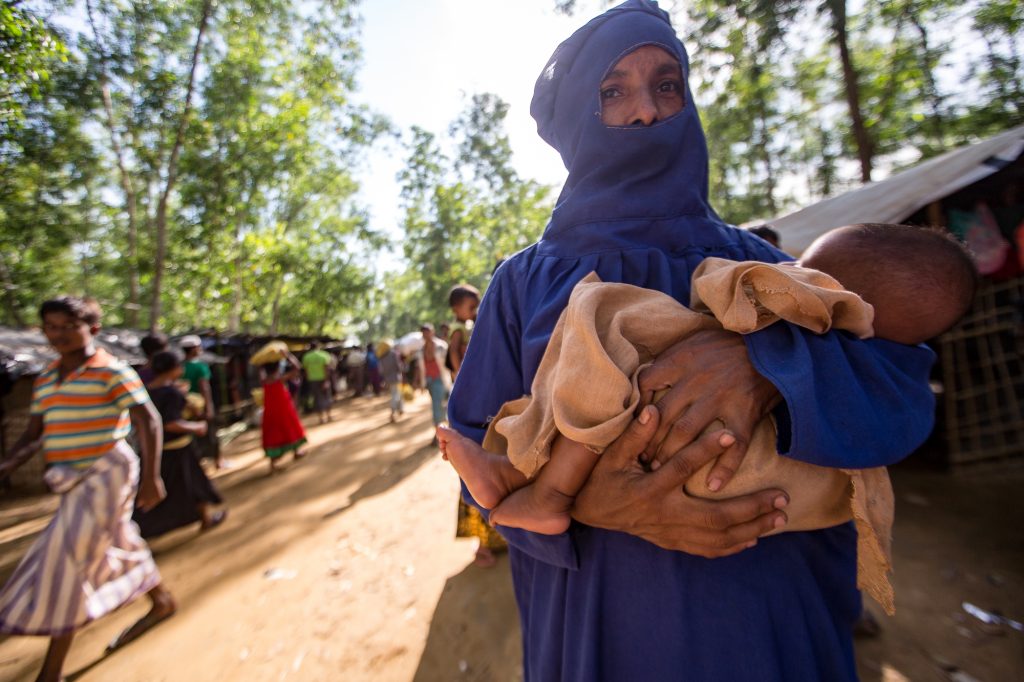
There is the essential search for a long-term solution that will allow communities to live side by side without the fear and hate that has wrecked their lives. And there are the urgent basic needs that must be met
Reflections from Myanmar, 2017
Sadly, for too many of them the morning never comes. They have run from their burning homes into the unforgiving and treacherous waters. Groups of Bengali fishermen and farmers wait on the other side of the water. And the bodies come. Alone, in pairs, and in groups they slowly float to the bank, lifeless and still. The villagers resigned and tired, gently carry them out of the water and into their final resting place. Over and over again, the melody of the funeral prayer is called out. But no one grieves, no one cries for these nameless bodies. A woman once cherished and loved, a treasured child, an adored father, all buried with only the voice of the Imam and the blowing wind bidding them farewell from their troubles in this world, to the peace of the next insha’Allah.
For those who’ve perished in this ugly chapter of Myanmar’s history, we can only offer prayers. For the hundreds of thousands still living, there is so much that must be done. There is the essential search for a long-term solution that will allow communities to live side by side without the fear and hate that has wrecked their lives. And there are the urgent basic needs that must be met.
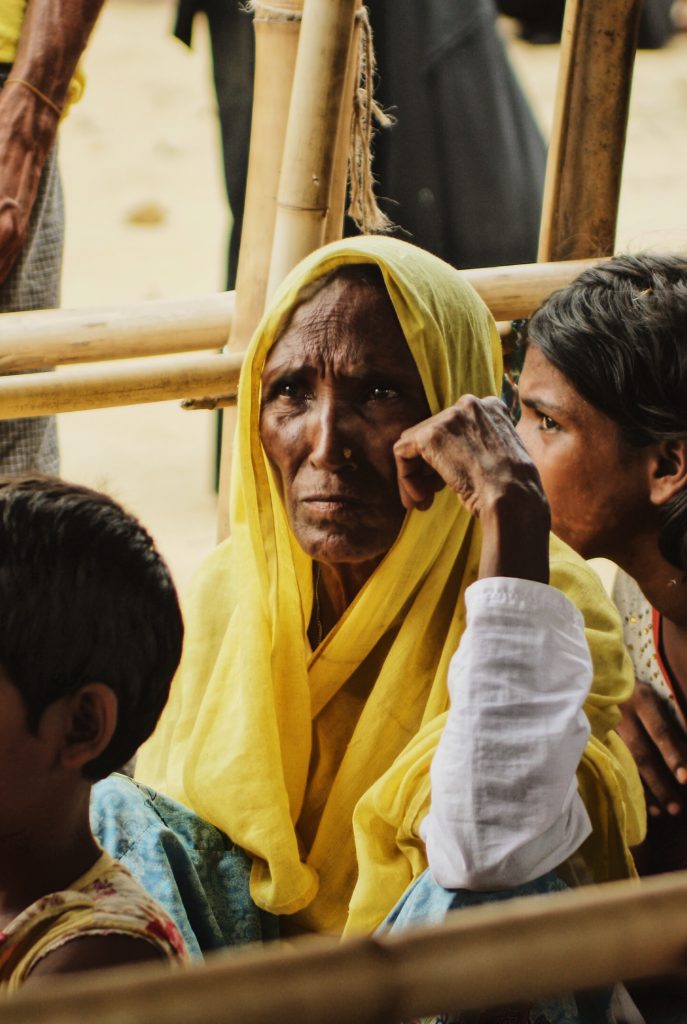
The thousands of people I saw in Bangladesh and in Rakhine state have been left with nothing. On the road from Cox’s Bazar, entire families cower under a tiny sheet of plastic to avoid the torrential rains. The mud slushing beneath them, they can do nothing about. In their villages, food and clean drinking water were abundant. Here, many don’t have a penny to their name and have no idea when and where the next meal will come from.
This is the role our teams in the field will be playing over the coming weeks and months. But to do it, they need your help. I am so humbled by the generosity of our supporters all across the country. You should be very proud of the immense unity displayed as a response to this horrific emergency.
Your sisters and brothers in Myanmar know the risks they face every single day, but take them willingly in the hope that their efforts will ease the pain of a mother and her children. But there is little they can do without the effort that you all have put in. So please accept this heartfelt thank you for everything you’ve done.
Since then, Islamic Relief has continued our support of the Rohingya people living in Bangladesh, Myanmar and even Malaysia. Here are just a few of our recent responses to provide emergency support and uplift the Rohingya people in all three countries.
Islamic Relief’s Response During the Rohingya Genocide: Bangladesh
Ongoing Support for Refugees in Cox’s Bazar
This response was focused on improving the living conditions of Rohingya refugees and host communities in Cox’s Bazar. This included building a shelter to provide safety and security for the refugees, along with handwashing stations, bathing facilities and latrines to give them a more dignified quality of life. Solar lighting was also installed to ensure safety for girls and women going to the sanitation facilities. Hygiene kits, PPE and essential supplies were also distributed to families, health staff and volunteers to prevent the spread of Covid-19.
Beneficiaries – 22,425 individual
Focus on Women’s Empowerment in Cox’s Bazar
This project aimed to empower Rohingya women and adolescent girls to be transformative leaders, through knowledge, skills and community training with cultural sensitivities in mind. Men, boys and leaders were also engaged to raise awareness and change harmful beliefs about women and girls. Through this project, women are able to meaningfully participate in community management and decision-making, as well as advocate for protecting the rights of Rohingya women and girls.
Beneficiaries – 3,348 individuals
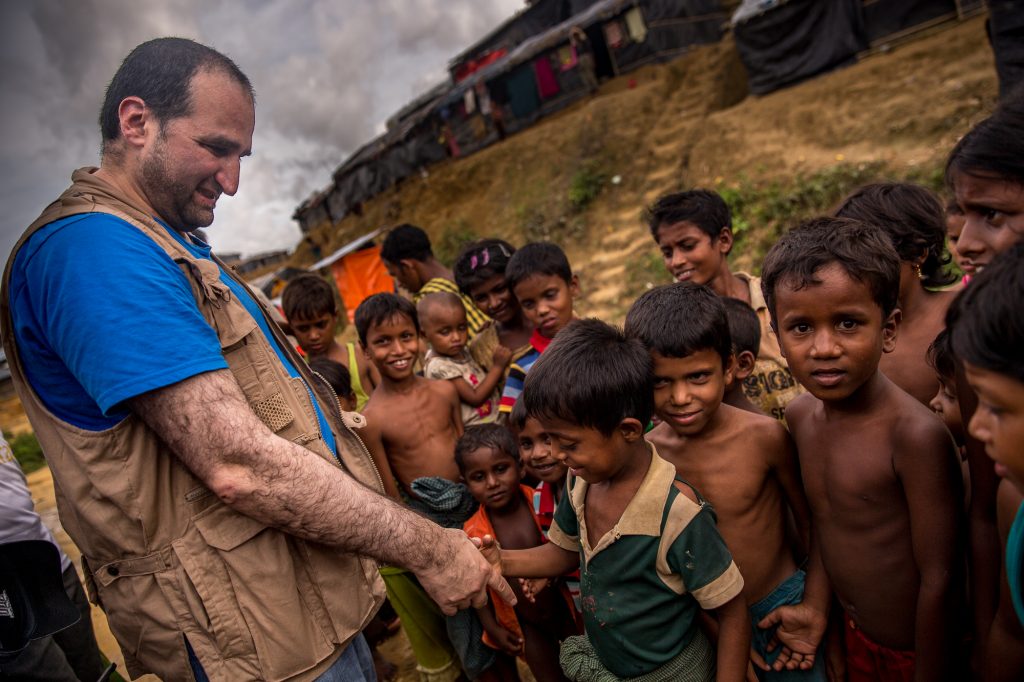
Islamic Relief’s Response During the Rohingya Genocide: Myanmar
Food Security, Livelihood, and Hygiene Facilities in Rakhine State
In this multi-year project, we are providing support to vulnerable households with a focus on women to improve their financial situations. Through skills training for youth and the introduction of income generating activities, extremely poor and vulnerable households are able to generate a steady and livable income. The project is also improving water, sanitation and hygiene facilities through the camps, as well as constructing solar street lights and distributing solar lights to the most vulnerable families to ensure their safety at night.
Beneficiaries – 13,200 individuals
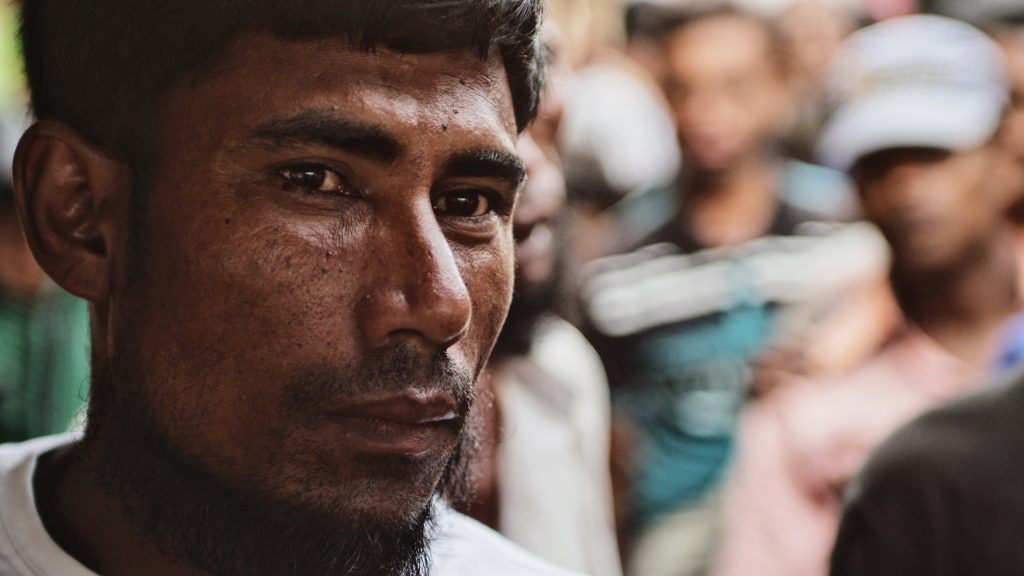
Islamic Relief’s Response During the Rohingya Genocide: Malaysia
Providing Education for Rohingya Refugee Children
This project is making quality education more accessible for Rohingya children in Malaysia from the age of 7 to 17. Currently, the project has a small number of students enrolled but will be increasing each year. Overall, the school will prepare students to enter the workforce or attend university.
Beneficiaries – 41 students
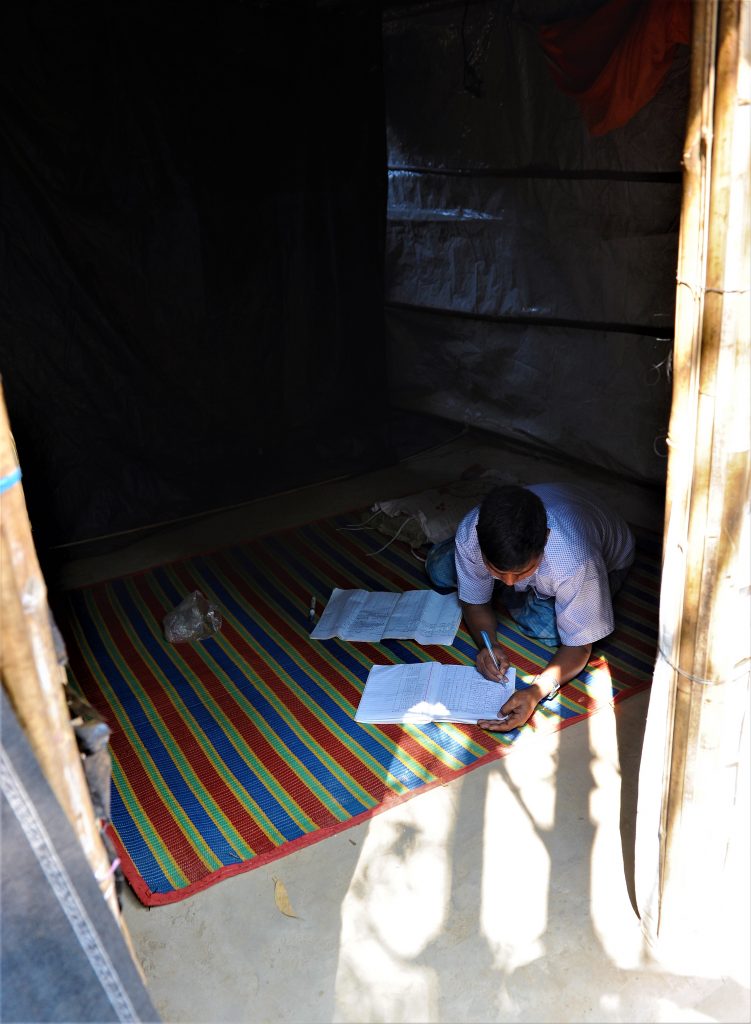
You can read more about all our projects addressing the Rohingya’s needs in our 2021 Impact Report to follow your donation and see how you are making a difference.
